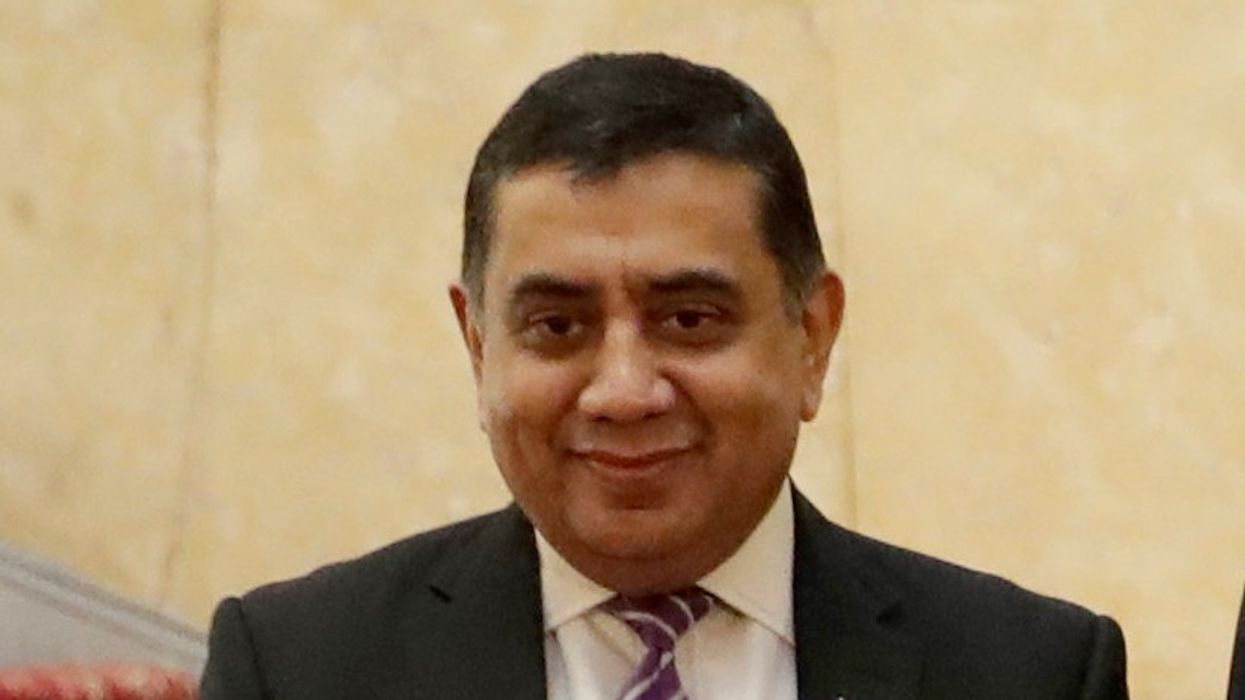BRITAIN and Pakistan have resolved to work together to tackle climate change and prevent another Covid-like pandemic in the future.
During his two-day state visit to Pakistan, the UK’s minister of state for South Asia and the Commonwealth, Lord Tariq Ahmad, met prime minister Imran Khan and his ministerial colleagues.
The visit focused on climate change, protection of communities from Covid-19 and girls’ education, a UK government press release said.
Apart from holding discussions with political leaders, Lord Ahmad’s visit also included a meeting with prominent interfaith leaders in Pakistan to “exchange perspectives on achieving freedom of religion or belief and interfaith harmony”.
“My visit to Pakistan has reinforced just how important it is to work together to tackle the threat of climate change, to prevent a pandemic like Covid-19 from happening again, and to help our children catch up with lost learning, especially girls. No country can work in isolation. Global challenges do not respect borders”, Lord Ahmad said.
He said in a social media post that he discussed issues like media freedom and interfaith harmony with Pakistan’s human rights minister Shireen Mazari.
“Useful meeting with @mohrpakistan Minister for Human Rights @ShireenMazari1 yesterday. We had a productive discussion on tackling issues to achieve media freedom, interfaith harmony and freedom of religion or belief #FoRBMatters”, Lord Ahmad tweeted.
The minister also hosted a roundtable for business leaders to discuss the UK’s support for trade.
Lord Ahmad and Pakistan interior minister Sheikh Rasheed agreed to enhance cooperation “to combat transnational crimes and strengthen their criminal justice systems”, Gulf News reported.
However, the UK government’s press release or Lord Ahmad’s tweets made no mention of the matter.




